Garden savory herb is grown as a spicy and aromatic spice, but not everyone knows that it also has a number of healing properties, which is why it occupies a large place in folk medicine. Garden savory herb is used in scientific medicine in some countries - from the aboveground part of the herb, an essential oil is made and in some cases the stem of the plant itself is used.
The chemical composition of savory herb determines its healing properties. The essential oil is the most valuable component of medicinal raw materials (in young leaves and flowers its content varies within 0.5 - 2%). It consists mainly of carvacrol (within 40%) and p-cymene (content up to 30%).
It also contains small amounts of thymol, paracymol, phenol of unknown structure and terpene chemicals. Other biologically active substances (mucus, bitterness, resins, carotenoids, vitamin C, rutin, phytoncides, stigmasterols and mineral salts) have been found in the spicy herb.
Tea is made from savory herb for medicinal purposes. How is it beneficial?
The first thing to emphasize is the beneficial effect on the gastrointestinal tract. It stimulates bile secretion and production of gastric juice and as a result increases the appetite and improves the digestion.
The active ingredients of the spicy essential oil have bactericidal properties, which is why they help with intestinal disorders (putrefactive and enzymatic processes, resulting in swelling, flatulence, etc.). Savory herb has antiemetic properties, ie. acts against vomiting. It is able to exert an antispasmodic effect, which is why it is used in cases of gastric and intestinal spasms.
It is also important to know that savory herb can inhibit the vital activity of some types of helminths, which is why it is recommended to introduce it into the composition of medicinal teas against parasites.
Savory herb tea stimulates the work of the bronchial glands, contributes to the dilution of viscous mucus, which is why the herb is often added to expectorants and antitussive teas.
Savory herb tea increases sweating, therefore such a drink will provide significant help at the first signs of a cold and can also serve as a prophylactic during an epidemic of colds, including of an infectious nature.
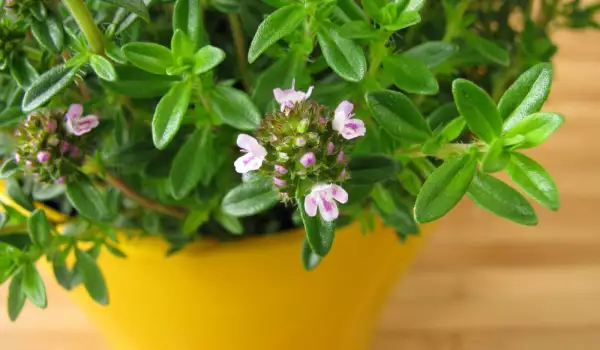
Savory herb enhances diuresis (has a diuretic effect), exhibits antibacterial and antifungal properties, therefore its tea can be used in many diseases of the urinary system (cystitis, nephritis, etc.).
Savory herb tea acts as a sedative and also as an antidepressant. It has been found that its essential oil stimulates brain activity and increases the mental and physical performance (it provides a surge of energy).
As for the effect on the cardiovascular system, in this regard, savory herb tea helps reduce heart rate, lowers blood pressure and helps cleanse the blood vessels of cholesterol deposits.
There is evidence that savory herb helps lower blood sugar levels, has antioxidant properties and inhibits the development of oncological disorders.
How to make savory herb tea?
Usually 2 teaspoons of dried savory herb are needed per 250 ml of boiling water to make the tea. Infuse it for 15 minutes and strain it. Consume it while it is hot. The spicy tea is used as a diaphoretic (then you should immediately go to bed and wrap yourself in something warm). When using it for cough, it is good to add honey to the drink.
You can also make a stronger tea. It is recommended to be taken in the initial stage of hypertension (to lower blood pressure), with increased nervousness, sleep disturbances and frequent headaches.
It also helps with nausea and vomiting, is used to treat various disorders of the gastrointestinal tract (diarrhea, colic, etc.). For half a liter of boiling water, you will need 2 tablespoons of dry savory herb. Boil it for an hour and strain it. Drink 100-150 ml of the savory herb tea, 3-4 times a day.
Tea for getting rid of parasites. For 300 ml of water you need 2-3 tablespoons of dry savory herb. Boil the mixture and after five minutes remove it from the heat and strain it after cooling it slightly. It is necessary to drink the whole decoction between 23:00 and 01:00 and in the morning to take a laxative and make an enema.
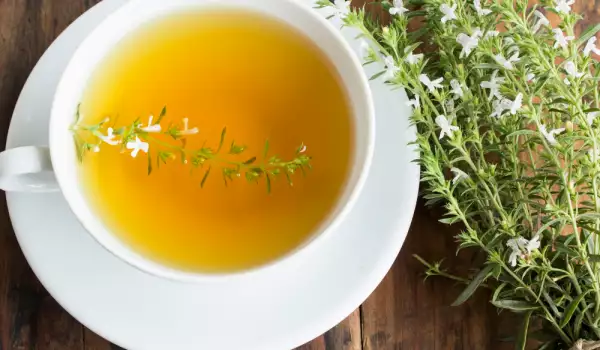
The same decoction can be used in the form of compresses, for the treatment of dermatological diseases, including mycoses. It is also recommended for rinsing the mouth if you have dental problems (stomatitis, gingivitis, bleeding gums, bad breath, etc.).
Contraindications and side effects
The contraindications to savory herb can be divided into two groups: physiological and pathological. The physiological type is pregnancy - the biologically active substances of savory herb stimulate the contraction of the uterine muscles, which can provoke a miscarriage.
To some extent, individual intolerance can also be attributed to the physiological type, although allergic reactions may be the result of pathological processes - in any case it is better to not use savory herb.
The category of pathological contraindications includes liver and kidney diseases in the acute stage; duodenal ulcer; hyperthyroidism; some disorders of the heart (atherosclerosis, atrial fibrillation, cardiosclerosis).
The most complete information about the contraindications and advice regarding the treatment with garden savory herb can be provided by your doctor or phytotherapist.
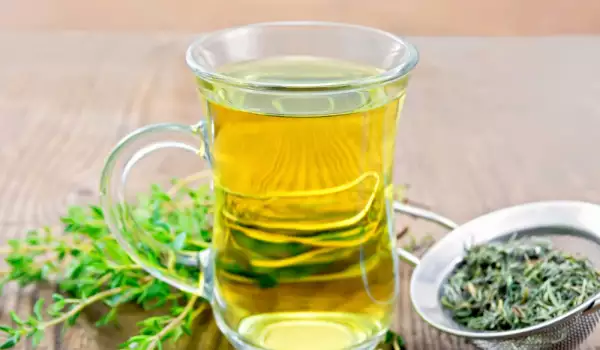
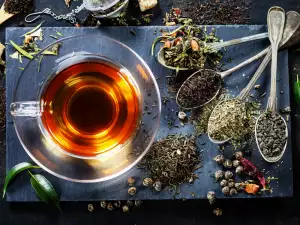
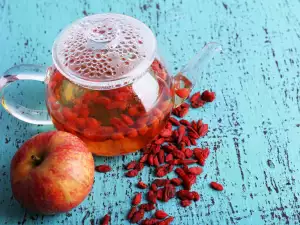
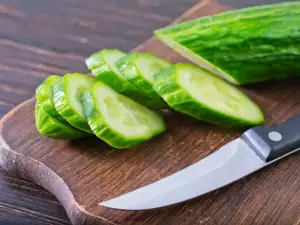
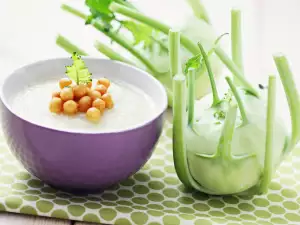


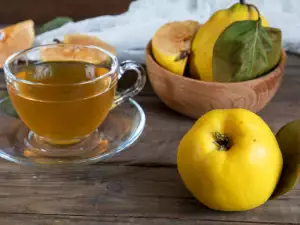
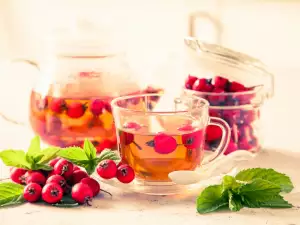
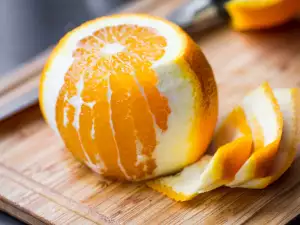


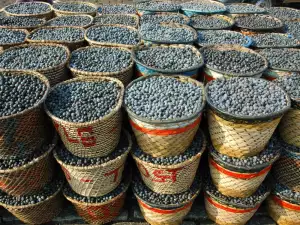
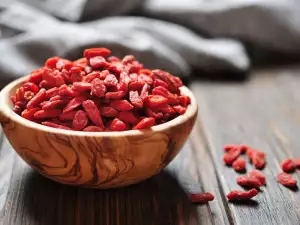
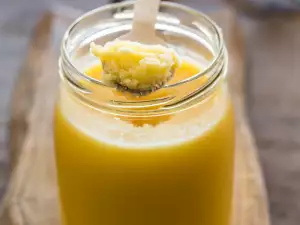





Comments